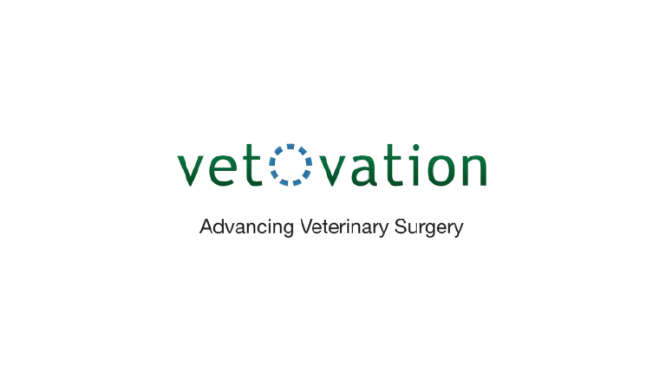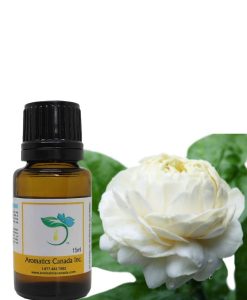Veterinary surgery plays an essential role in the treatment and care of animals, from routine procedures like spaying to complex operations such as orthopedic repairs.
The success of these procedures depends heavily on the precision, reliability, and cleanliness of the veterinary surgical instruments used by veterinarians.
This article explains the importance of high-quality veterinary surgical instruments, their various applications, and the critical role of sterilization in maintaining safe and effective surgical practices for animals.
The Role of Veterinary Surgical Instruments
Surgical instruments designed specifically for veterinary use are essential for treating animals of all sizes and species. Unlike tools used in human medical practices, these instruments are specially engineered to address the unique anatomical structures and specific surgical needs of animals.
Veterinarians rely on a wide range of instruments to perform soft tissue surgeries, orthopedic procedures, and minimally invasive diagnostics. The correct use of these tools not only improves surgical precision but also reduces operating time, minimizes trauma to tissues, and promotes faster recovery.
Sterilization: A Vital Step in Animal Surgery
One of the most critical factors in preventing postoperative infections is the sterilization of veterinary surgical instruments. Animal surgeries can expose instruments to a wide range of bacteria and other contaminants, making sterilization a non-negotiable process.
Modern veterinary practices use advanced sterilization solutions that fit different surgical needs and workflow requirements. These include various sterilization kits designed for fast and effective cleaning of instruments:
- Sterpack – Ideal for sterilizing a single instrument, the Sterpack kit completes the sterilization process in just seven minutes. This solution is perfect for urgent procedures or clinics with limited equipment that require a fast turnaround.
- Sterpack Plus – Designed for several instruments at once, this medium-sized pouch sterilizes items in 14 minutes. Veterinary clinics benefit from this option when performing multiple minor procedures in a day, helping maintain workflow efficiency.
- Sterload – The largest sterilization kit, capable of sterilizing an entire case of surgical instruments, including scopes, vessel sealers, and headlamps. The complete sterilization cycle takes only 36 minutes, making it particularly useful for busy veterinary hospitals that manage complex surgeries and emergencies.
Using these sterilization solutions ensures that instruments are thoroughly cleaned and ready for use when required, reducing the risk of contamination and ensuring animal safety.
Common Applications of Veterinary Surgical Instruments
Veterinary surgical instruments are essential across a wide variety of procedures, each designed to meet specific medical needs in animal care.
1. Soft Tissue Surgery Instruments
These include scalpels, scissors, forceps, and clamps, which are primarily used for procedures such as spaying, neutering, tumor removal, and organ repairs in animals. Precision and hygiene are critical in these surgeries, and proper sterilization ensures that instruments do not introduce infection into the surgical site.
2. Orthopedic Surgery Instruments
Orthopedic surgeries are more demanding, involving bone saws, drills, and vessel sealing devices. These instruments are engineered to work on animal bones and joints. They help veterinarians perform fracture repairs, joint stabilization, and other orthopedic procedures with precision. Because these surgeries expose deeper tissues and bone, every tool must follow strict sterilization protocols. Systems like Sterload ensure proper sterilization and maintain safety.
3. Minimally Invasive Surgery Instruments
Scoping instruments and other diagnostic tools are used in minimally invasive veterinary surgeries. These small and precise instruments allow for internal examination of animals without large incisions. Their delicate nature requires efficient sterilization after each use to avoid contamination in subsequent procedures.
4. Vessel Sealing Instruments
Vessel sealing devices play a vital role in controlling bleeding during animal surgeries. These instruments allow surgeons to seal blood vessels without using sutures, which speeds up the procedure and reduces the risk of post-operative complications. Rapid sterilization using Sterpack Plus or Sterload ensures they are available for use in multiple surgeries throughout the day.
Conclusion
Veterinary surgical instruments are the cornerstone of effective animal care during surgical procedures. From soft tissue surgeries to complex orthopedic operations, these tools are specially designed to handle the unique requirements of animal anatomy. Investing in high-quality veterinary surgical instruments along with proper sterilization systems ensures every animal receives safe, timely, and precise surgical care, supporting the overall mission of veterinary medicine: to safeguard animal health and well-being.



